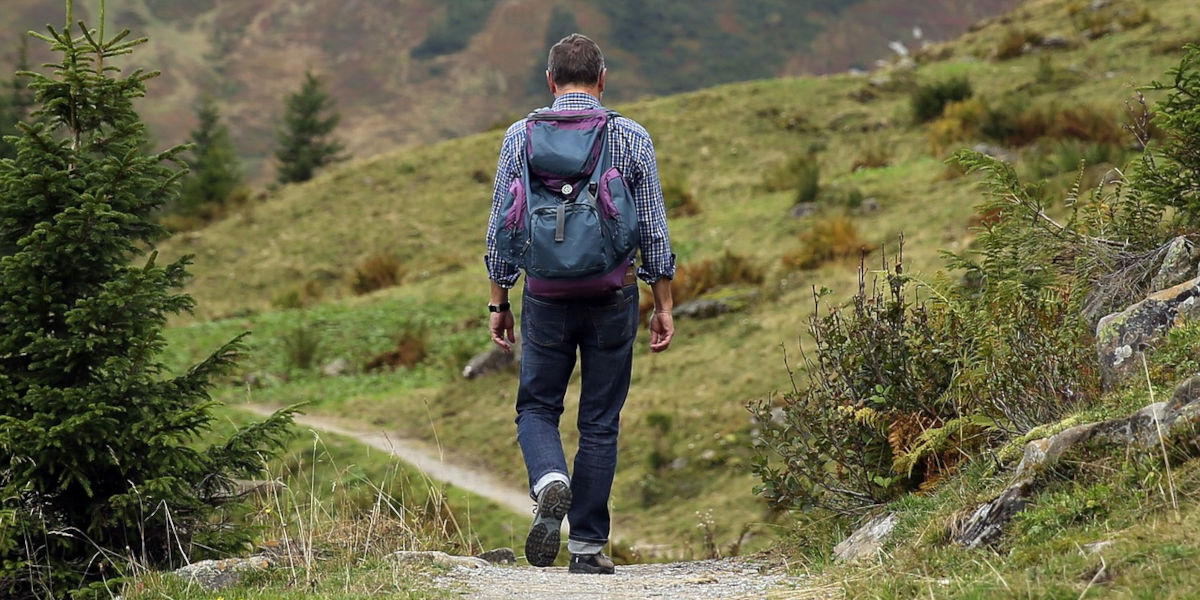In today's digital age, many of us have found ourselves entrenched in a lifestyle that revolves around smartphones, computers, and television. These devices have tethered us to the indoors, alienating us from the very environment we naturally inhabit – the great outdoors. It's high time to reintroduce yourselves to the habit of spending time outside and embrace a resurgence of the simple yet nourishing activities amid nature. This article explores the myriad benefits of spending time outdoors and provides practical tips on how to spend more time outside and develop rewarding outdoor habits.
The Overwhelming Benefits of Spending Time Outdoors
Before delving into the practicalities of spending more time outside, it is essential to familiarize yourself with the profound advantages of connecting with the outdoor world. Why should we venture outside? How does it impact our physical and emotional health? Can it truly revitalize our spirits?
Scientific research and psychological studies have repeatedly proved that spending time in nature has varied and extensive benefits, affecting our mental, physical, and emotional wellbeing. Our sensory-nervous system is instinctively attuned to the natural world. When we submerge ourselves in natural settings, interacting with the birds, plants, and the wind, we're allowing our bodies to return to their native balance, promoting overall health and wellness.
Physical activity and exposure to sunlight promote Vitamin D production, which can boost immunity, reduce inflammation, and improve bone health. Nature can also serve as an excellent stress-reliever; the sounds of rustling leaves and birdsong can be therapeutic, fostering feelings of calm and relaxation. Spending time outdoors has also been linked to enhanced mood and reduced symptoms of depression and anxiety. It also stimulates creativity, problem-solving skills, and cognitive function. These benefits put together provide compelling reasons for adults and children alike to revisit our symbiotic relationship with the natural world.
Practical Tips to Spend More Time Outside
Understanding the benefits of spending time outdoors, of course, is only half the story. Knowing how to spend more time outside is equally important in our quest to restore our connection with nature. Happily, it doesn't necessitate making drastic changes in our lifestyle. It's more about ingraining these outdoor habits into our daily routine and making the most out of the opportunities to soak in nature's grandeur.
The first step can be as simple as deciding to have your breakfast, lunch, or dinner outside. It means leaving behind the dining table and seeking the company of chirping birds and shimmering leaves. Another way to spend more time outdoors is by walking or biking to your workplace or to run errands, if feasible. If not, try parking a few blocks away from your destination or get off public transit one stop early to incorporate a brisk walk in your daily routine.
Stay tuned for more practical ways to embrace outdoor living and the rewards you can reap from it. From mindfulness practices to outdoor workouts and leisure activities, we'll explore how you can weave the fabric of nature into your everyday life.
The Health Benefits of Engaging with Nature
There has been a surge of scientific studies in recent years suggesting that natural environments are profoundly linked with our mental and physical health. Researchers say that tending to the relationship between humans and nature can offer several health benefits. Let's delve into what some of these benefits are.
Regular exposure to natural environments has been linked to lower levels of stress, anxiety, and depression. Studies have shown that individuals who spend time outdoors regularly report feeling happier and more satisfied with their lives compared to those who do not. The natural world provides a calming effect and has the power to decrease heart rates and blood pressure, which in turn promotes a sense of well-being.
Spending time in nature also bolsters physical health. It encourages physical activity and extends the avowed health benefits that come with it. Also, sunlight exposure aids in Vitamin D production, which helps absorb calcium and phosphate from the diet, crucial minerals for teeth, bones, and muscles.
Furthermore, the outdoors aids cognitive health. Time spent in nature has been linked with better concentration, increased creativity, and improved learning capabilities. Some researchers suggest that even a brief walk in a park can aid memory and attention span by up to 20%.
How to Reconnect with Nature
So, how can we harness the powerful impact of the natural world on our health and well-being? The process is simpler than one might think. Here are some accessible suggestions for discovering and enjoying nature as part of daily life.
Regular Walks: Taking short walks regularly in local parks or forest trails can work wonders. The beauty of the outdoors, combined with the physical activity of walking, can alleviate stress and enhance mood dramatically.
Gardening: One of the easiest and most satisfying ways to connect with nature is through gardening. Planting, watering, and watching plants grow brings immense satisfaction and aids in reducing stress and improving mood.
Outdoor Meditation: Meditating outdoors, weather allowing, is an excellent way to connect with nature and one's inner self. The added elements of natural sounds, clean air and sunlight elevate the meditation experience.
Whether it's a brief walk in your local park, a hike through the mountains, or simply tending your garden at home, these activities offer a valuable chance to unwind, reflect, and breathe with nature. Remember, reconnecting with nature is not about retreating from society, but finding a balance between our modern, busy lives and the serenity and health benefits that nature provides.
So, disconnect from technology, get out of the house, and immerse yourself in nature. Your body, mind, and soul will thank you!




